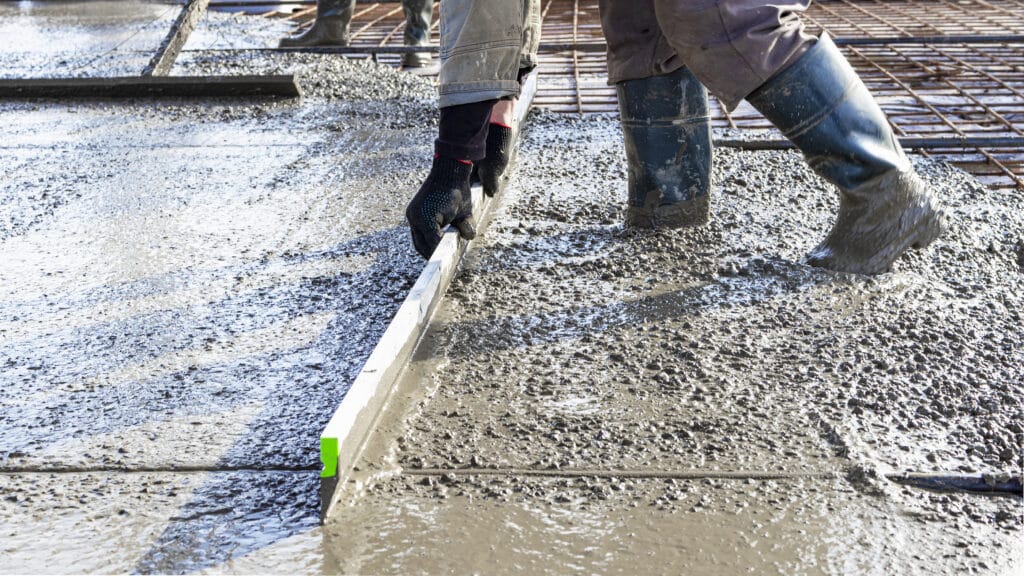A concrete slabs Melbourne foundation is a flat piece of solid concrete used to support load-bearing walls in homes. This foundation may be placed directly over undisturbed soil or compacted base according to specifications determined by an engineer.
Foundations constructed using this technique are particularly suitable in warmer climates where ground temperatures don’t tend to freeze as easily; however, over time these foundations may crack over time.
Cost
Cost estimates for installing a concrete slab foundation depend on several variables. Hiring an experienced concrete contractor to ensure the mix fits with your project will prevent serious issues down the line; additionally, slab-on-grade foundations don’t require excavation which may save some money overall when purchasing your home.
Thickness and weight considerations will have an impactful cost impact for a slab, such as making of it from concrete with higher-psi material or employing more corners. Plumbing and electrical contractors must be involved to ensure things like heated floor tubing is installed appropriately.
Slabs do not feature crawl spaces, making it harder for plumbers to access pipes if they break or require replacement. Furthermore, being elevated makes slabs less vulnerable to water and radon damage.
Maintenance
Slab foundations typically don’t require extensive upkeep, but it is still important to periodically assess their condition and make sure gutters drain away from the house. Furthermore, be mindful of tree roots which could compromise your foundation should they make their way onto it – if any issues arise it would be best to consult a professional.
Crack repair is often the top maintenance issue with slab-on-grade foundations, as large gaps between foundation layers allow moisture into your home and create other issues. There are various repair options available, such as resurfacing and piering; it’s wise to seek professional assistance before the problem escalates further, as it could cause serious structural problems down the line.
Slab-on-grade foundations can be susceptible to shifting and heaving soils in dry climates, as well as being incapable of withstanding expansive soils which lead to sloping floors and water intrusion. Furthermore, running gas and water lines through such foundations is difficult because they must be embedded into concrete.
Accessibility
Concrete slab foundations are an excellent option for homes built on flat lots. Additionally, this foundation type may also be more appropriate in locations with lots of rocks near the surface that make excavating difficult or impossible; however, improper installation could result in moisture, drainage, or rot issues.
A concrete slab foundation can also cause issues with heat loss due to its lack of an airtight seal provided by a crawl space; you’ll likely spend more money heating and cooling your home as a result. Furthermore, such foundations are susceptible to cracking under extreme temperatures or moisture levels in the ground.
Reinforcing concrete to increase its tensile strength requires engineers to add steel bars or welded wire mesh into its mix – known as reinforcing. This enhances its resistance against lateral pressure. To get maximum benefit from reinforcing, be sure to hire a reliable contractor with top-of-the-line reinforcement materials.
Environmental impact
Slab foundations are often constructed of concrete, which has minimal environmental impacts. However, building such foundations in poor soil conditions or when water seepage is an issue can be tricky and result in cracking that creates problems with countertops, flooring and walls.
Slab-on-grade foundations tend to be more vulnerable to water damage due to being permanently connected with the ground, leading to moisture issues and more complex repairs than with basements. If using such a foundation, be sure to set up your gutters to drain away from your home as well as use root barrier protection for added peace of mind.
Slab foundations can be built more quickly than other types of foundations; however, they can be damaged by severe weather conditions like frost-thaw cycles. Therefore, it’s crucial that your contractor has experience in this type of construction as well as knowledge about local soil conditions.

